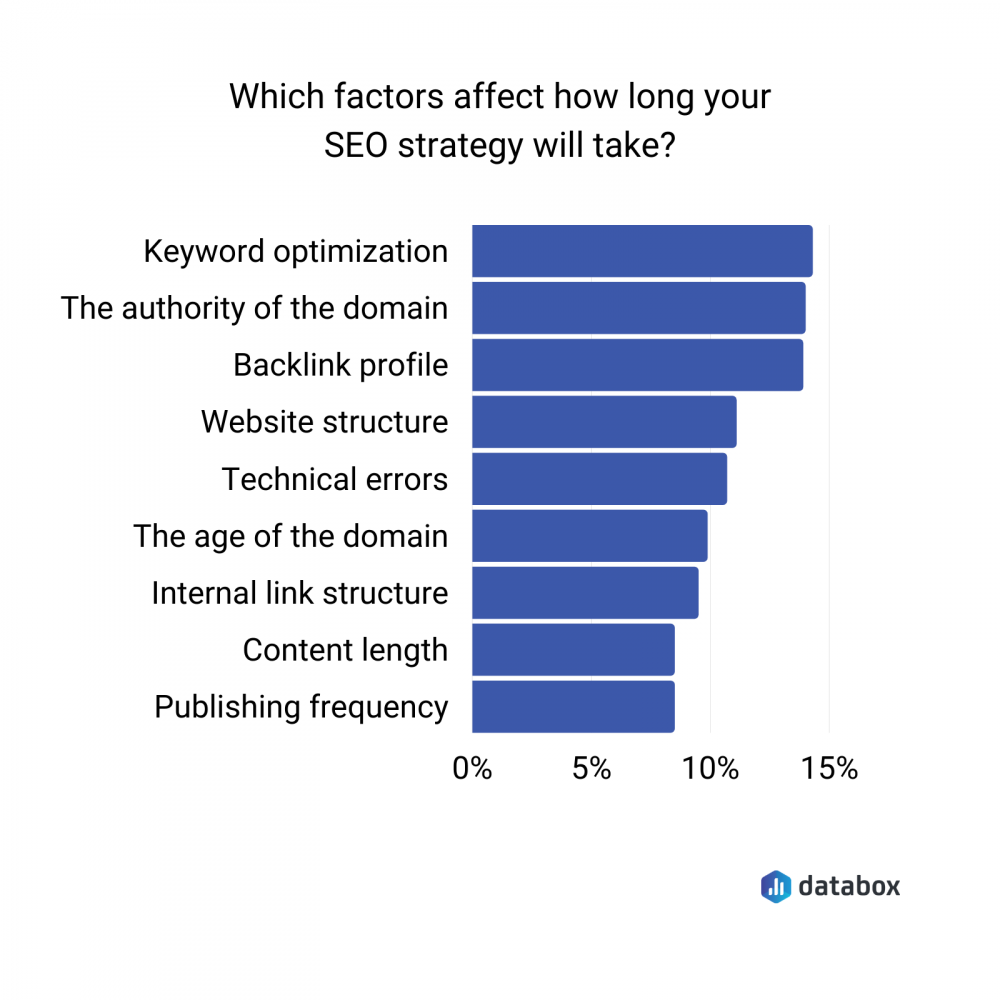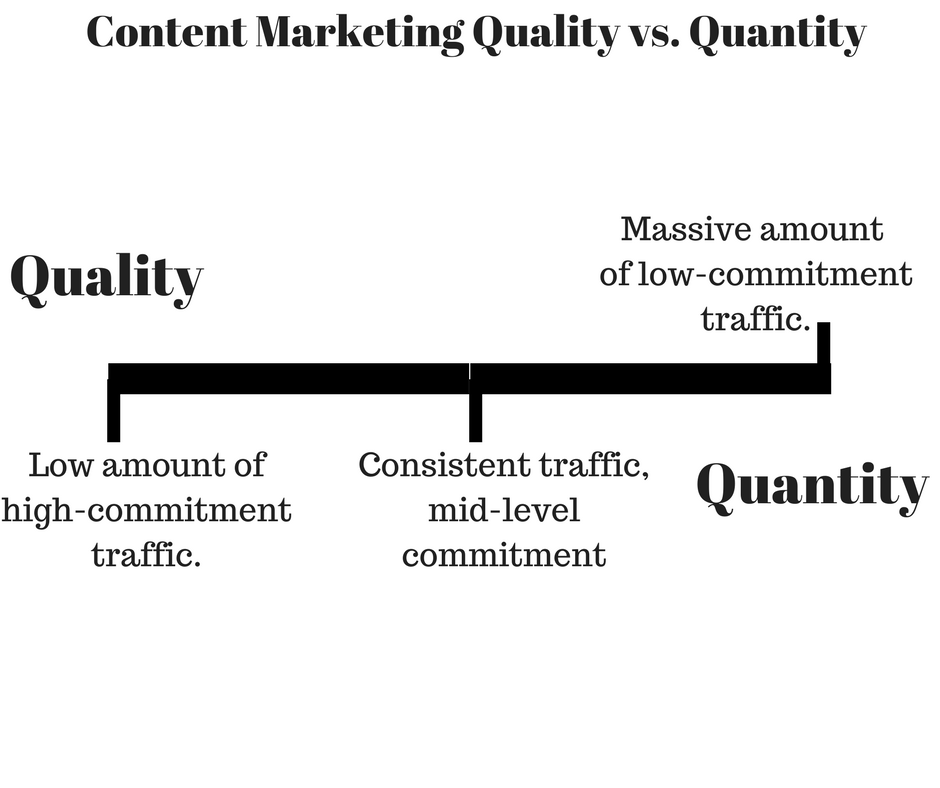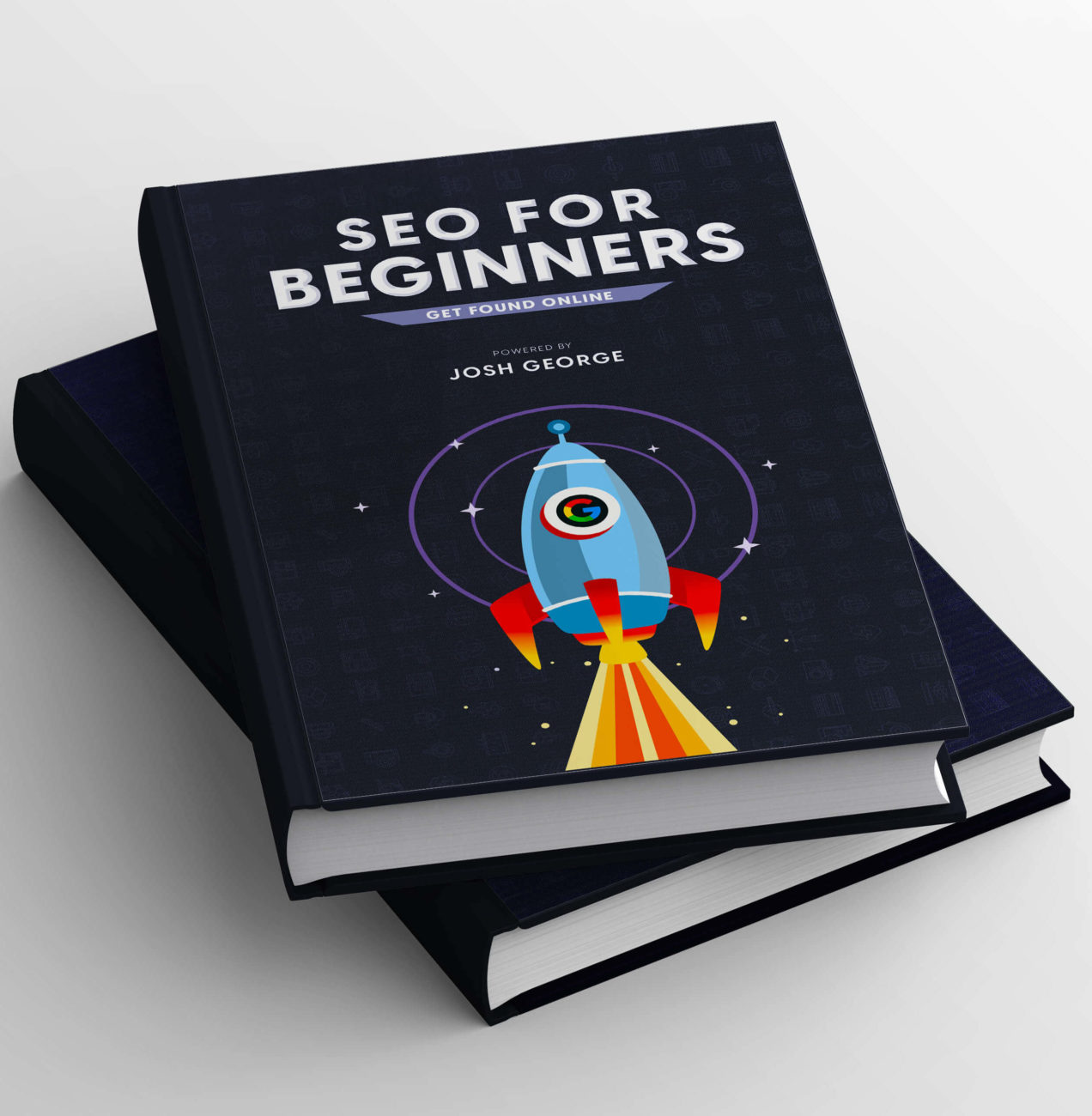You’d have probably heard that SEO is a slow process. But the truth is, it can take anywhere from a month to three years to see significant results.
The good news is that once your website starts ranking higher, the organic traffic will continue to swell over time. This means that even if you don’t see immediate results, many positive things are still happening behind the scenes.
But if it’s taking you way too long to see results from SEO, it’s natural to wonder—how long does SEO take to produce results?
In this post, I’ll share all the information you need about the factors affecting the speed of your SEO efforts and answer why the SEO timeline for some websites is shorter than others.
How Long Does SEO Take To Work?
The time it takes to witness SEO success to work can vary a lot. The length is as short as three months for a few websites while some others take years to show visible progress. But it’s not all bad news!
Several ranking factors will influence the timeline to see SEO results. Here’s a look at all these crucial factors:

Content Quality
The first thing Google looks at is the content on your website. The quality of the content on your site will affect how quickly it starts ranking. If you don’t have authoritative and high-quality content that targets and engages with the right set of users, then your site rankings might continue to drop.
Remember to focus on “quality” content marketing instead of “quantity”. Loading your website with unoriginal and boring content with excessive keyword stuffing will backfire and disrupt your SEO campaign.
Crawlers want unique, high-quality content pages that describe your products or services in detail and inform the readers about their queries. Besides, crawlers value content that users find useful and want to share with others. So, content quality and its relevance to search intent are directly linked with the question of how long does SEO take to show results.

Links (External + Internal)
Once you have the content ready, the next step is building links for your site. When a crawler comes to your site, they’ll check how many unique sites link back to you i.e. inbound links. More high-quality inbound links can significantly increase your chance of ranking higher in search results.
Generally, the best way to build links is by creating content that people want to share with others.
However, keep in mind that more links pointing to your site doesn’t necessarily guarantee that the crawler will count them all. You need to have a healthy number of high-quality links for this strategy to work. Manipulating the search engines with poor quality link-building schemes can do more harm than good.
Google clearly specifies,
“Any links intended to manipulate PageRank or a site’s ranking in Google search results may be considered part of a link scheme and a violation of Google’s Webmaster Guidelines. This includes any behaviour that manipulates links to your site or outgoing links from your site.”
Besides collecting external links, building internal links is also very important for your SEO efforts. They enhance the user experience by easing your website’s navigation and help in increasing the page visit time by directing a visitor to multiple other pages. You can create internal links from newly published pages to previously published pages within your site.
Technical Aspects
Technical SEO work is all about optimizing your website for search engine crawlers. This involves optimizing the website and troubleshooting errors to allow the crawlers to access the entire site seamlessly.
Google has publicly stated that up to half of the sites they find in search results don’t meet their technical SEO requirements, which can seriously affect how quickly your site ranks.
So, what are the elements that you should pay significant attention to? Here are the important ones:
- Broken Links (404 Errors): Broken links can definitely hinder your site from ranking higher. Think of it this way—if you don’t care enough to ensure all your links work properly, why would Google think otherwise?
- Mobile Sites: Even if your website is already mobile-friendly, it’s important to ensure that Google and other search engines know about it. Google wants to make sure that if users access your website on their phone, they can see what they need to see without any issues.
- Slow Loading Speed: Site loading speed also affects SEO rankings, so it’s important to make sure your site loads quickly. Not only will visitors appreciate the faster load times, but it should also positively affect SEO rankings.
- Technical Duplications: Duplicating content in a way that can’t be traced or tracked isn’t allowed and will likely affect your rankings. Examples include copying content from other websites, even if you link back to them, or having multiple pages with similar/the same content on your site.

- Redirect Chains: If you have redirects on your site, they must be clean and free of errors. This means no loops or chains of redirects – each page should be accessible through a direct link.
- Site Architecture: You need to have a consistent architecture throughout your entire site. If you decide to add or delete pages, make sure you organize them in a way that doesn’t affect crawler access. For instance, don’t change your URL structure (i.e., delete the home page) without redirecting users to the new location of that page or update your robots.txt file to block access to the old version of the page.
- Misimplementation of Hreflang: Hreflang is used to specify language and regional URLs, so that engines can show the right results for users searching in different regions. This tool can help you with international SEO campaigns since it allows you to identify different target audiences. This attribute must be implemented correctly not to affect your search rankings since incorrect implementation i.e. using this tool on the homepage only can cause crawlers to ignore all other languages/regional pages, even if they’re correctly set up.

Competition and Niche
While there’s no set time frame to answer exactly how long does SEO take to work, the level of competition in your niche will play a part. In other words, the more competitive your niche is, the longer it’ll likely take to rank higher.
For example, if you have a news blog about current events, it might be exceptionally challenging for you to rank right away. That’s because you’d have to update your content regularly and outrank other news sites with a lot higher authority and domain age.
On the other hand, if you have a blog about monthly finance tips for freelancers, it might take less time to rank because fewer publications are out there that target this niche specifically.
So, the easiest way to know how long it takes SEO to work is to look at the strength of your competition. If you find hundreds of similar websites covering similar topics as you, then it’ll take longer for you to rank.
Keyword Research
Keyword research is the holy grail of digital marketing and SEO. If you don’t spend enough time finding the best keywords, it can take longer than usual for your site to start ranking.
Keywords are like little puzzle pieces connecting you to your ideal customers—by not picking the right keywords, you’re making it difficult for them to find you. So, get a pulse of your target audience and perform extensive keyword research based on their preferred keywords.
For example, if you run a website about Mexican cuisine and want to rank for “Mexican restaurant”, it won’t fetch the best website traffic. The reason? Generic keywords don’t tell users anything about your restaurant’s services or products—they just drag them to many different results.
Instead, you should choose low-competition but high-potential keywords that specifically describe your business. For example, “Modern Mexican restaurant” or “Best tacos in London”. These keywords are more specific and will help users directly find the services and products they need.
SEO Strategy
If SEO companies tell you that they can get your page to rank #1 in Google overnight, take whatever they say with a grain of salt. SEO success doesn’t happen overnight. Many short-sighted SEO strategies can take you to a good rank for a few weeks. But you need to focus on building an SEO strategy that works in the long run.
For the SEO strategy o truly work, you need to build your online presence little by little. Treat it as an investment in your business or career and focus on things that’ll benefit you long-term.
Don’t Worry if SEO Takes a While!
The bottom line is that the more ambitious your goals are for SEO, the longer it can take before your efforts start to pay off and organic visibility kicks in.
Ranking locally or getting on page one for your city can happen much sooner. However, if you’re trying to be on the top rankings for high-competition keywords, it might take several months before your SEO process and campaign fetch the desired results.
In all cases, remember that there are no shortcuts for SEO activities. It takes time and consistent effort before you can expect to see any results from SEO.
So, it’s important to invest your time and money into a realistic SEO strategy that focuses on long-term growth instead of short-term gains. If you put the time and effort into improving your website slowly but surely, you’ll see better SEO results in the end!
FAQs
1. How do I know if my SEO Efforts are Working?
You can measure several metrics to see if your SEO efforts are giving the expected results. Look at how many new visitors you get from search engines or other external websites. If the numbers are going up every month, then this tells you that your SEO campaign is working.
Perform a website audit and check your ranking. For example, if you’re trying to rank for “SEO agency” and notice that your page keeps moving up in the SERPs (search engine results pages), then this means that your campaign is working.
2. Why Does SEO Take So Long to Pay Off?
Unlike regular forms of marketing, SEO digital marketing takes time because Google’s search engine algorithms are constantly changing. These algorithms are designed to weed out low-quality websites and reward those following Google’s guidelines.
Those guidelines incorporate many factors, so Google needs time to collect data and create a full picture of your website. Once Google has this data, it can determine which websites are high-quality and deserve high rankings, so it might take several months before your site starts to move up in the SERPs.
3. Why Does Search Engine Optimization Work Differently for Each Site?
The answer is simple: due to the differences in competition, keywords, and overall website authority. Even if you do the same as someone else, your results might be different – it all depends on your website and its ranking potential. Accordingly, it’ll take SEO more or less time to work for you, depending on these factors.
4. Why Does SEO Fluctuate?
SEO can fluctuate for several reasons, but the main one is the competitiveness of the query (queries with a high search volume). If the competition is very high, it means that many websites are ranking for that query, and Google has to crawl them often to figure out who deserves to rank where based on authority and relevancy.
This is why you might find your rankings fluctuating – Google keeps crawling your site and checking how it’s ranking against other websites for the same query.



